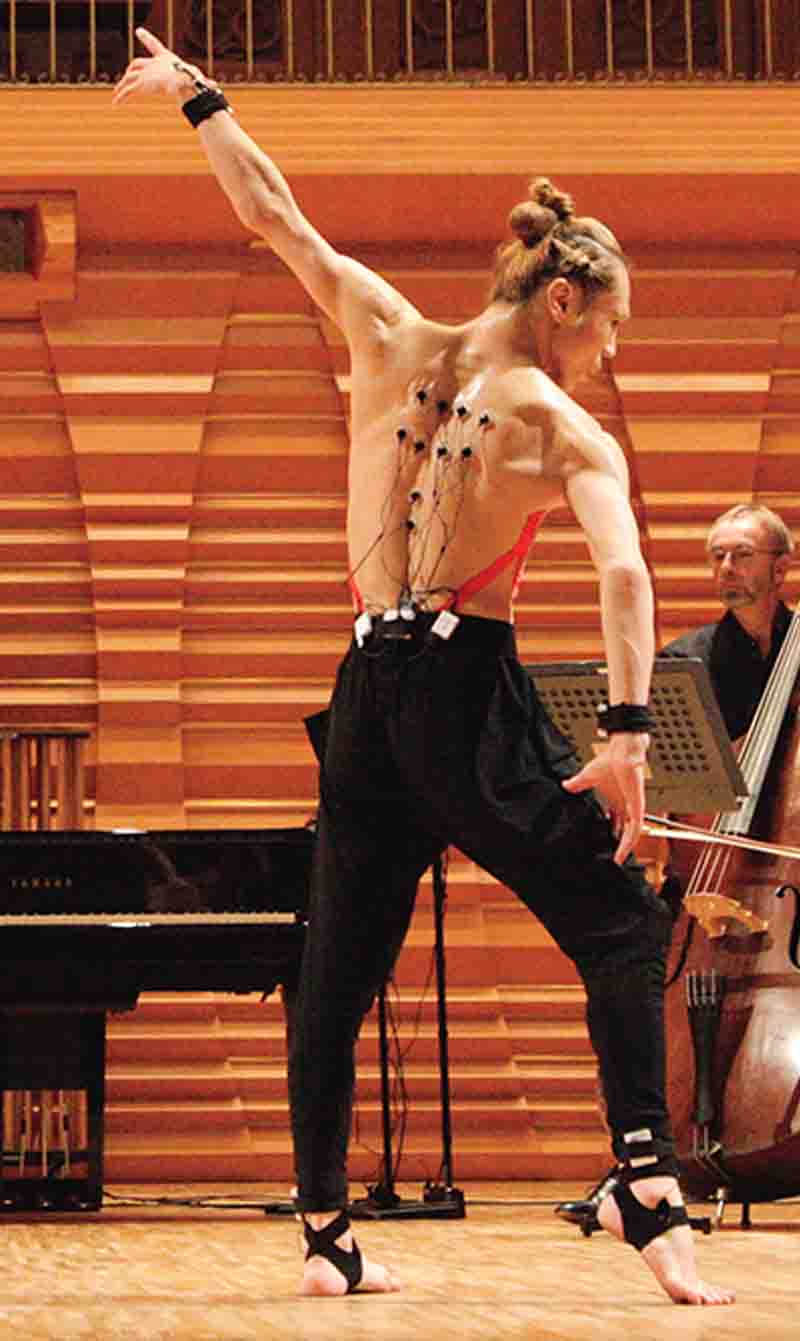Anticipating the 13th WIEF
In run-up up to the 13th World Islamic Economic Forum in November 2017, a host of experts have been speaking at various WIEF initiatives and they’re all discussing hot topics such as – and what’s to be the theme of the 13th WIEF – the impact and challenges of disruptive change. Here are soundbites.
‘Let me ask you this: Can you imagine a moment of life without a smartphone that has a tactile interface, when this tool didn’t exist a decade ago?’ asks founder and president of Intellitech in France, Professor Zyed Zalila. ‘The “benevolent” artificial intelligence (AI) will help us in our everyday life as a coach or guardian angel and will become a must in our lives.’ Zalila’s also the CEO as well as the research and development of Intellitech that does advance research in AI.
If you stop and think about it, there’s not a moment in our lives now that doesn’t include some sort of disruptive technology.
The disruptions caused by disruptive technology such as artificial intelligence (AI) may well bring a fair share of negative effects. According to Zalila, it’s necessary for regulators of these disruptive technologies to control these effects.
That’s the reason why highlighting disruptive change, its impact and challenges at the 13th World Islamic Economic Forum (WIEF) this November is apt. If you stop and think about it, there’s not a moment in our lives now that doesn’t include some sort of disruptive technology. An August line-up of international speakers possessing various expertise will be under one roof during WIEF in Kuching this year and they’ll be addressing many topics linked to disruptive change.
Zalila, along with two other AI experts during WIEF’s Global Discourse on artificial intelligence last June, explains that disruptive change has various positive impact in a variety of industries such as finance. ‘In which it can accelerate credit approval or avoid malicious use of our payment system and maximise our savings. Or the medical industry where alerts of diseases that may appear in the near future are possible, so as to be able to counteract them earlier,’ he adds.
AI, experts such as Zalila believe, will undoubtedly lead to the disappearance of a large number of skilled or even highly skilled occupations based on expertise. Just two years ago, Zalila says, established international banks realised that the new generation of customers required premium online banking services at a low price but with maximum availability. ‘This is why they’re all implementing their digital transformation at high velocity and job losses because AI’s starting to be sensible,’ he adds.
In readiness for this, there’s a WIEF session on reconceptualising education that addresses how the next generation will be affected by this and whether the current education system can assist with their adaptation to a world that’s moving into an era of disruptive technology. The speakers for this session, like in all WIEF sessions, are experts and will shed light on possible solutions as well as opportunities.
Now, despite reported job losses, the popularity of disruptive technology in finance, namely fintech is growing exponentially and investments in it have been undeniably impressive. It can be considered as divine disruption even though there have been predictions of other services such as bespoke services in banking and technologically forward data analysis, to name a couple. Taking it a step up, the prospects of fintech in ever popular Islamic finance in terms of opportunities, as well as challenges, will be discussed during the 13th WIEF.
More intimate group discussions during WIEF’s Initiative Room sessions will bring up issues such as blockchain, rural innovations in agriculture and, a hot topic today, renewable energy. Renewable energy is a contributor to green economy and an expert in this field who was also a speaker at WIEF’s Roundtable on green economy in Jakarta last October, Dr Hezri Adnan, states that we need green economy due to the global realisation of how we can ill afford economic growth that’s blind to ecological problems and the scarcity of natural resources.
These issues are mere scratches on the surface, a glimpse of what you can expect at the 13th WIEF on 21 to 23 Nov 2017. During which, many experts who are flying into Kuching from all over the world for the event will share their knowledge as well as experience on these and other topics such as Islamic finance and halal. So, get onto https://wief.org/forum/13/ to register and for more information on the 13th WIEF plus its programmes, to not miss out.
___________________
For more on 13th WIEF and our Foundation’s initiatives, download our 2017 report here.





